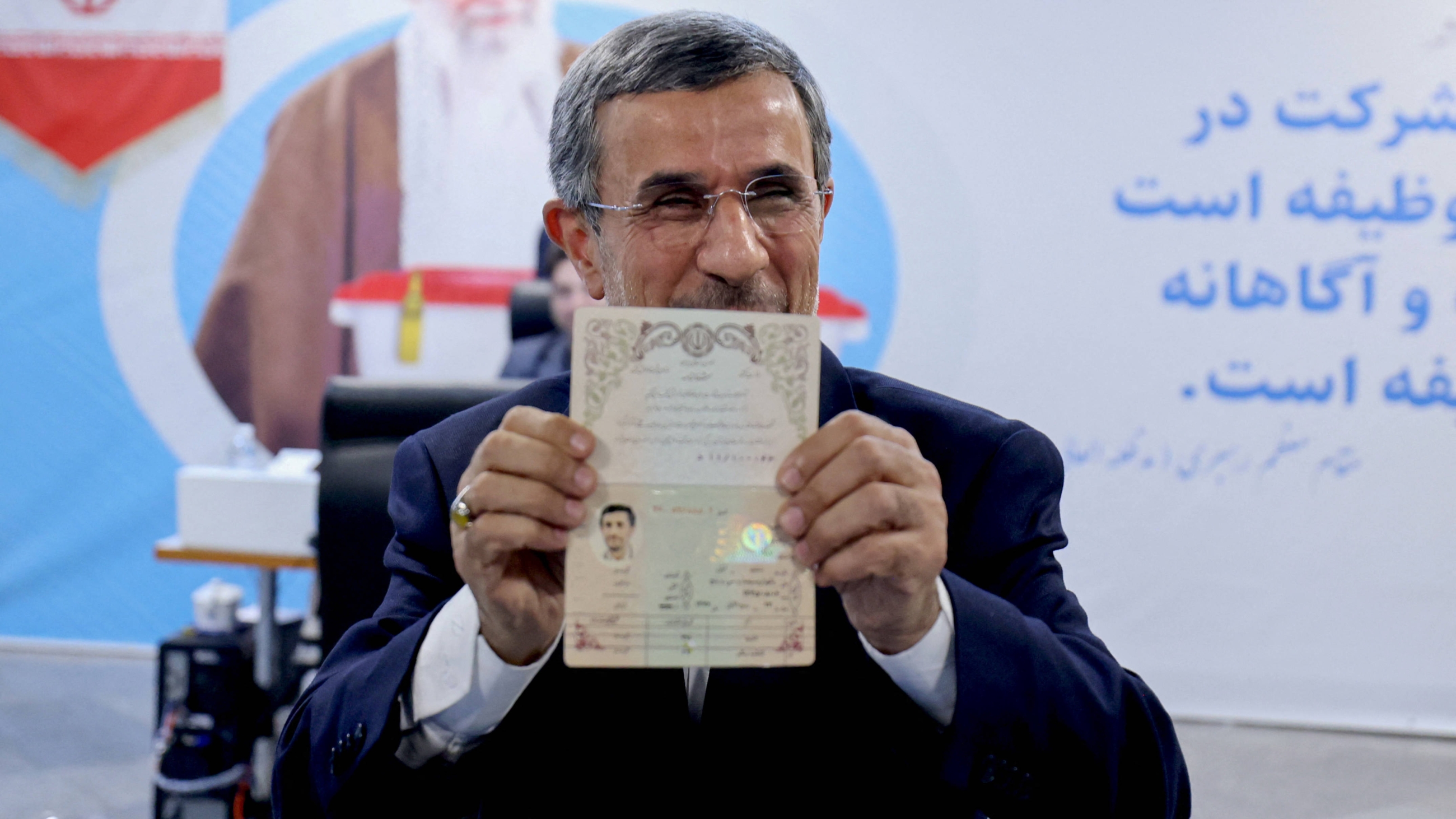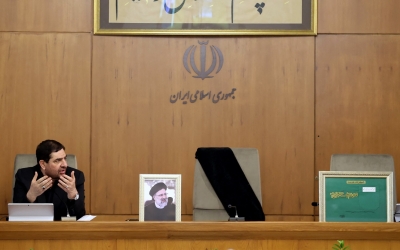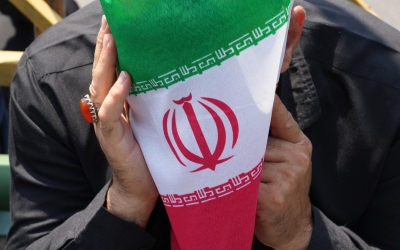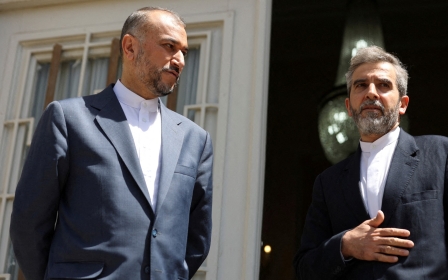Iranian press review: Election setup favours weak president and low turnout

No hope for free elections, say experts
The early presidential elections in Iran have not brought change to the country's politics.
Most reformist politicians and analysts believe that, like in previous presidential and past two parliamentary elections, the government will not allow any non-fundamentalist candidate to enter the electoral competition.
The pro-reformist Ham Mihan discussed the topic with analysts daily, and all of them emphasised that despite the low participation in previous elections, the government prefers to choose its desired person from the fundamentalist camp.
Mohammad Mohajeri, a political analyst, told the daily that the establishment prefers a weak president, and the election setup was designed with this in mind.
New MEE newsletter: Jerusalem Dispatch
Sign up to get the latest insights and analysis on Israel-Palestine, alongside Turkey Unpacked and other MEE newsletters
“The political faction that is now in favour of the government, in fact, the fundamentalist movement that supports the government, seeks to prevent the formation of a rational space in society for this election. Fundamentalists seek to elect a president even weaker than the previous president under such circumstances,” he said.
Analyst Hossein Naghashi highlighted the powerful Guardian Council's role in all elections through the vetting of candidates. According to Naghashi, even the dangers of Donald Trump’s reelection in the upcoming US presidential election would not change the council’s policies.
“I don't see any change or prospect of change in these policies. The system will not hold a more open, transparent election with the participation of individuals, political figures, and opposition parties critical of the current situation,” he stressed.
Possible shift in Iran’s nuclear policy
The death of President Ebrahim Raisi in a helicopter crash has fuelled speculation about a shift in Tehran’s negotiations with world powers to ink a new deal aimed at curbing the country’s nuclear program in exchange for easing international sanctions on its struggling economy.
Last week, local media reported that Mohammad Shamkhani, a high-ranking former commander of the country’s Islamic Revolutionary Guard Corps (IRGC), has been appointed as the main figure leading the nuclear negotiations.
On 1 June, Shamkhani wrote: “If, on the threshold of Iran’s presidential election, certain ignorant European countries want to adopt a hostile stance against Iran’s peaceful nuclear activity in the upcoming meeting of the Board of Governors, they will face our country’s serious and effective reaction.”
Shamkhani has been one of the primary opponents of the negotiations with the West over Iran’s nuclear program. Officials in former president Hassan Rouhani’s government revealed that, before Raisi was elected in 2021, Shamkhani was a significant obstacle to renewing the 2015 nuclear deal, after former US president Donal Trump pulled out.
Despite these remarks, the Arman daily highlighted the news about Shamkhani’s new role in the nuclear talks.
"The nuclear negotiations have reached a deadlock, suggesting a possible need for a new approach or additional strategy. A key individual might be able to resolve the impasse; perhaps this 'lock opener’ could be Shamkhani," wrote the daily.
Shamkhani is a trustee of the country’s supreme leader, who has the final say in all matters.
Despite several corruption cases against Shamkhani and his close family members, he was the key figure behind the normalisation of relations between Iran and Saudi Arabia.
Economic corruption tops election discussions
As presidential candidates are registered in Iran, one of the hottest topics has been the fight against corruption, with each contender promising to eliminate it.
The Kargarzaran daily, which is linked to pro-open economy groups close to the establishment, examined how past governments have handled corruption. The daily wrote: "It is common for Iranian politicians to keep corruption cases secret before elections and use them to attack their rivals."
The report explained why governments have failed to tackle systematic corruption and accused top politicians of involvement.
The daily then reviewed some of Iran's most famous corruption cases.
One recent example was a scandal involving the import and processing machinery in the tea industry, which set a new monetary record in a corruption case.
Kargarzaran wrote, "Corrupt groups have infiltrated the decision-making circle. Pretending to help the poor, they suggest harmful policies. These include price controls, market suppression, threats to ownership, and limits on economic freedoms. These policies have had bad results over the past 50 years but have continued."
The economic crisis has recently become a major issue for ordinary Iranians. High inflation, unemployment, and rising living costs have made daily life difficult, and many hope the next president will bring much-needed relief and stability to the country's troubled economy.
Iranian press review is a digest of news reports not independently verified by Middle East Eye
Middle East Eye delivers independent and unrivalled coverage and analysis of the Middle East, North Africa and beyond. To learn more about republishing this content and the associated fees, please fill out this form. More about MEE can be found here.






